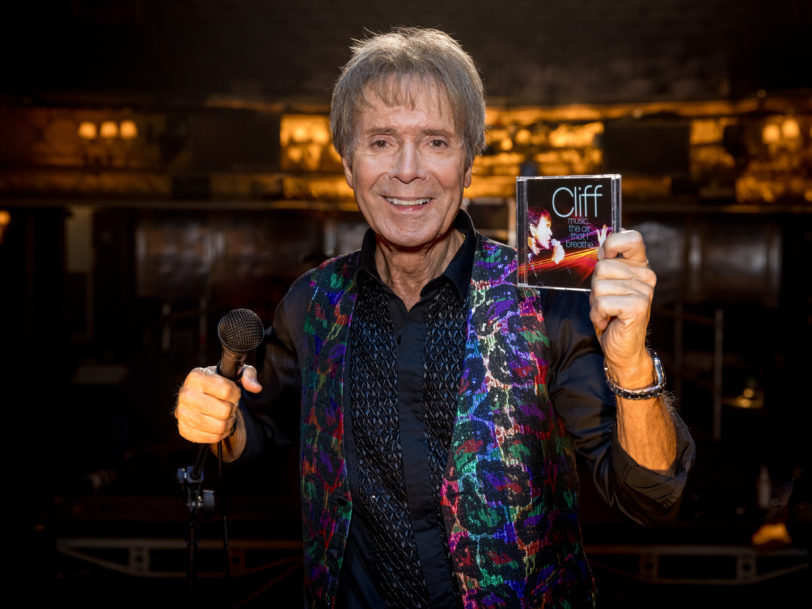Cliff Richard first sang of a summer holiday way back in 1963, enticing fans to join him on a trip “where the sun shines brightly”. Wimbledown fans weren’t so lucky during the summer of 1996, however, when serious downpours threatened to make a washed-out of Wimbledon’s men’s quarter-final. Brightening everyone’s day, however, Cliff Richard – a longtime Wimbledon fan who for the first time that year, had become a member – stood up in the Championship stands to lead the crowd through a six-song singalong, after Radio Wimbledon asked him.
In his light linen suit and mint-green tie, he was every bit the star, still mastering the hits that made him a national treasure, among them Living Doll, The Young Ones and, of course, Summer Holiday. He’d come a long way from the rebellious teenager who, in the 50s, proved Britain had what it took to compete with the likes of Elvis Presley and that other rock’n’roll Richard – Little. Undoubtedly, Cliff aced it and saved the day, ensuring that his contribution to British culture remained undimmed. As John Lennon once said, before Cliff Richard “there had been nothing worth listening to in British music”. After him, a whole new world of rock and pop became possible.
Britain’s own rock’n’roll icon
Cliff Richard’s breakthrough was sandwiched between Elvis’ pelvis and The Beatles’ mop tops; nowadays he sits behind only those two trailblazers as the third biggest-selling artist in the UK singles charts. When he released his debut single, Move It, in 1958 – two years after The King’s epochal 1956 recordings, and what now feels like a lifetime before The Beatles burst onto the scene – Britain finally had a rock’n’roll icon they could claim as their own.





